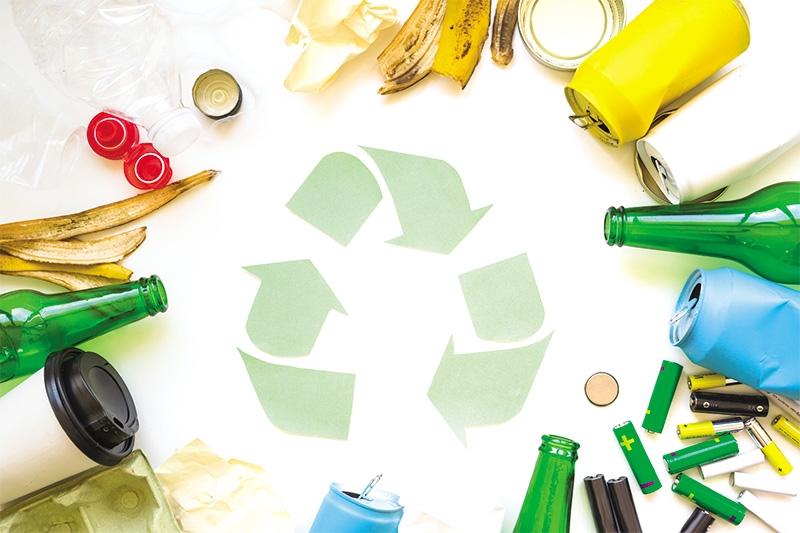Saying no to plastics in Vietnam
The Vietnamese government has been actively teaming up with the business community to reduce plastic waste by implementing different models of the circular economy, with an aim towards achieving sustainable development.

Last week, Vietnamese Prime Minister Nguyen Xuan Phuc signed Directive No.13/CT-TTg on sustainable development. Some of the key contents include organising the dialogues on related policies, assessing the sustainable businesses based on sustainable business indicators, mobilising participation in Partnering for Green Growth and the Global Goals 2030, and implementing initiatives on the circular economy.
The government, enterprises, and people have already been working to create a green consumption trend in order to reduce plastic waste across the country. From the outset, many enterprises and consumers have turned towards environmentally friendly plastics.
Solutions for plastic waste
In the middle of April, US-based chemical company Dow and DEEP C industrial zones in Haiphong signed a memorandum of understanding on building the first road using recycled plastics at the DEEP C complex. The project aims to divert post-use flexible packaging from becoming litter or entering a landfill, while also creating more durable, longer-lasting roads.
Ekkasit Lakkananithiphan, general director of Dow Vietnam, told VIR. “Since 2015, the circular economy has been Dow’s sustainable development target towards 2025. Roads made from recycled plastic demonstrate that plastic waste can be a valuable renewable resource, contributing to the development of the plastic circular economy.”
“DEEP C pioneers the building and converting of industrial zones into eco-industrial parks,” said Do Quang Hung, first Deputy General Director of DEEP C. “One of the main goals under the eco-park initiative is promoting industrial symbiosis to mitigate and decrease industrial waste.”
According to Hung, the project will engage local governments, waste collectors, and the industry’s value chain to tackle marine debris and waste in Vietnam and develop better end markets for plastic waste. “This cross-industry collaboration shows the commitment each organisation has to advancing a circular economy and reducing the amount of waste in the environment,” he added.
Nguyen Quang Vinh, secretary general of the Vietnam Chamber of Commerce and Industry, and vice chairman of the Vietnam Business Council for Sustainable Development, also commented that a circular economy has been known as a solution for eco-friendly, durable, and sustainable prosperity.
“As it is one of our priorities to realise the sustainable development goals, we highly appreciate this initiative in reducing plastic waste and transforming urban mobility in Vietnam.”
Kim Hao reports
Vietnam Investment Review


